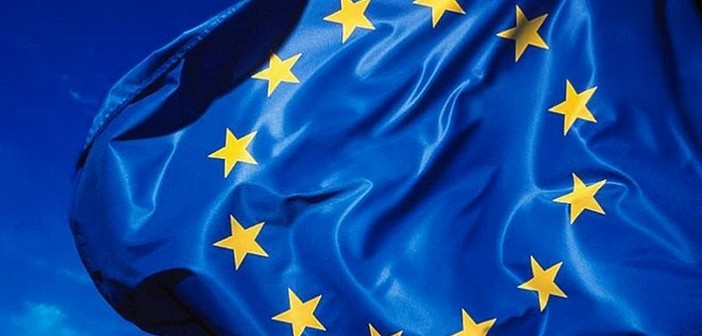The result of the latest regional elections is not just a French phenomenon. It is European because it is not only in France that a new far-right has now found its place on the political chessboard, where it now plays on equal footing with the right and left parties that previously dominated it.
Not only are there parties similar to the National Front in almost every country of the Union, but all have developed at the same pace, or nearly so.
We have seen the emergence of new powers whose rise has suddenly toppled five centuries of Western preeminence, and we have increasingly felt the bloody tremors of an Islam seeking its path after eight centuries of decline.
The transformation of emerging countries into the factories of the world exerts tremendous pressure on wages by deindustrializing Europe.
There is thus a logic to the success of these new far-right movements, which present themselves as defenders of once-acquired benefits and advocate for closing borders and ending free trade.
Nationalism and social anxiety mix in the most explosive of cocktails, and this backward step (in a forward escape?) is itself fueled by a dual rejection—of Islam, perceived as globally deadly, and of European unity, increasingly rejected.
If nothing stops them, these new forces will lead Europe to an economic disaster because resorting to protectionism would break European exports, while a return to national currencies would plunge Union countries into a suicidal race to the bottom in monetary terms.
If this were ever to occur, social difficulties would not, on the contrary, be reduced but multiplied.


